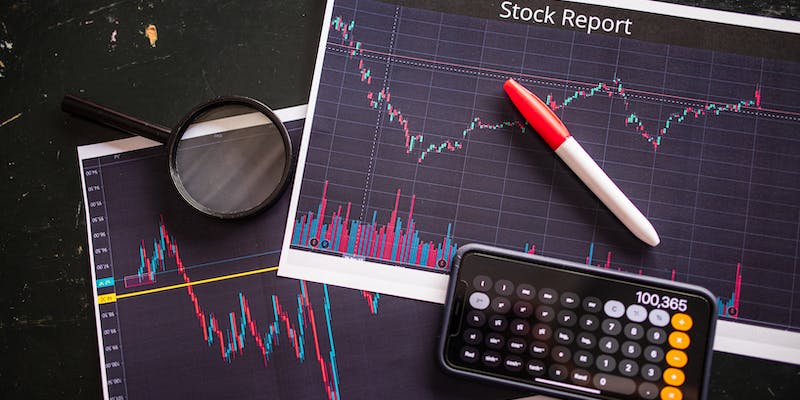What are Stock Futures? Stock futures are financial instruments that let investors bet on how the price of a particular stock will change in the future. They are agreements to buy or sell a certain number of shares of a particular stock at a specific price on a certain date. These contracts are standard, meaning their length and end date are set. Investors can guess where stock prices will go without owning the shares by trading in stock futures. This makes it a popular tool for traders who want to protect their stock positions or bet on the market with borrowed money. The vast majority of stock futures transactions take place on authorized exchanges like the Mercantile Exchange of New York (NYSE) and the Chicago Mercantile Exchange (NYMEX). These marketplaces provide uniform contracts with clear pricing and payment terms to facilitate honest and efficient transactions.
Features Of Stock Futures
- Standardization: Stock futures contracts are standardized, meaning they have fixed contract specifications such as the number of underlying shares, the expiration date, and the price at which the contract is settled.
- Expiration Dates: Stock futures contracts have a specified expiration date, after which the contract is no longer valid.
- Size and Contract Specifications: The contract size and specifications are standardized to ensure transparency and efficient trading.
- Margin Requirements: Investors must deposit a margin to trade stock futures, which can be used to cover losses.
- Settlement Procedures: Stock futures contracts can be settled through cash or physical delivery of the underlying stock.
- III. Types of Stock Futures
- Single-Stock Futures: These are futures contracts that represent a single stock.
- Index Futures: These futures contracts represent a stock markets index, such as the S&P 500 or NASDAQ.
How Stock Futures Work

Stock futures represent an agreement to buy or sell a specified quantity of a particular stock at a predetermined price on a future date. Investors can buy or sell stock futures contracts, depending on whether they believe the underlying stock will increase or decrease in value. The contract can be settled through cash or physical delivery of the underlying stock when it expires. Stock futures provide leverage, allowing investors to control a large amount of stock with a small deposit. For example, an investor may buy a single-stock futures contract for 100 shares of XYZ company for $50 per share, with an expiration date of one month. If the price of XYZ stock increases to $55 at expiration, the investor can sell the contract and make a profit of $500. However, if the price decreases, the investor could face losses that are amplified by the use of leverage.
Advantages Of Stock Futures
- Hedging: Investors can use stock futures to hedge existing stock positions and protect against market volatility.
- Leverage: Stock futures provide force, allowing investors to control a large amount of stock with a small deposit.
- Speculation: Stock futures allow investors to speculate on the future direction of stock prices.
- Liquidity: Stock futures are highly liquid, allowing investors to enter and exit positions quickly.
- VI. Risks Associated with Stock Futures
- Market Risk: Stock futures are subject to market risk, meaning that they can be affected by fluctuations in the underlying stock market.
- Leverage Risk: Using leverage can amplify losses in stock futures trading.
- Counterparty Risk: Investors face the risk that their counterparty may default on the contract.
- Operational Risk: Stock futures trading is subject to operational risks, such as system failures or errors.
Trading Stock Futures

- Trading Platforms and Exchanges: Stock futures are traded on regulated exchanges like the CME or NYMEX.
- Trading Strategies and Techniques: Various trading strategies and techniques can be used to trade stock futures, such as technical analysis and fundamental analysis.
- Market Analysis and News: Investors should keep up-to-date with market analysis and news to make informed trading decisions.
Conclusion
Stock futures are a financial instrument that allows investors to trade on the future price movements of a particular stock without owning the underlying shares. They are standardized contracts that trade on regulated exchanges and allow investors to hedge existing stock positions or take on leveraged bets on the market's direction. Stock futures provide advantages such as leverage, speculation, and liquidity but also involve market and leverage risks. It is essential for investors to carefully consider these risks and use appropriate risk management strategies before trading stock futures. Additionally, investors should keep up-to-date with market analysis and news to make informed trading decisions. Overall, stock futures provide an additional tool for investors to manage their portfolios and earn profits in the stock market.




